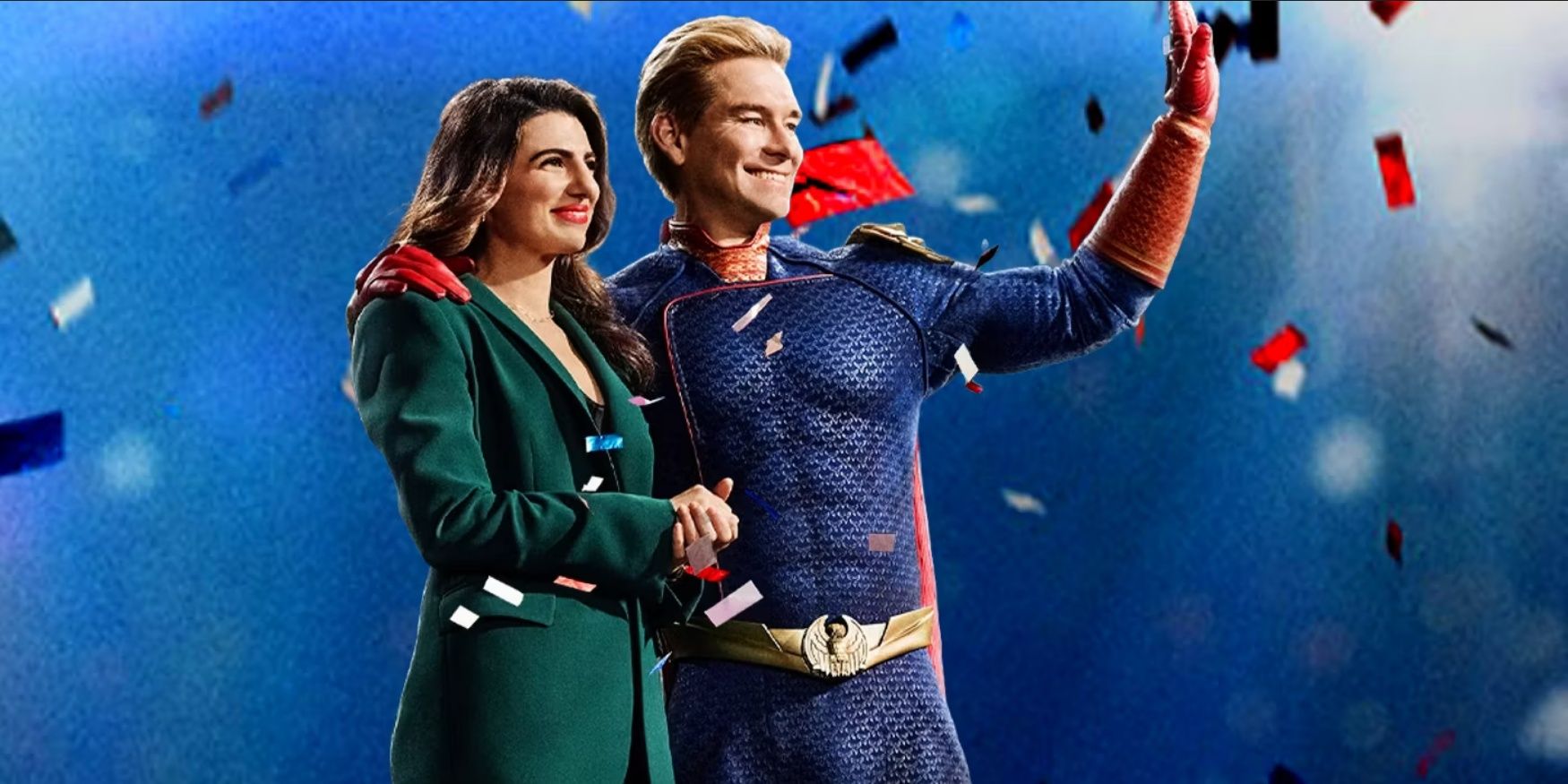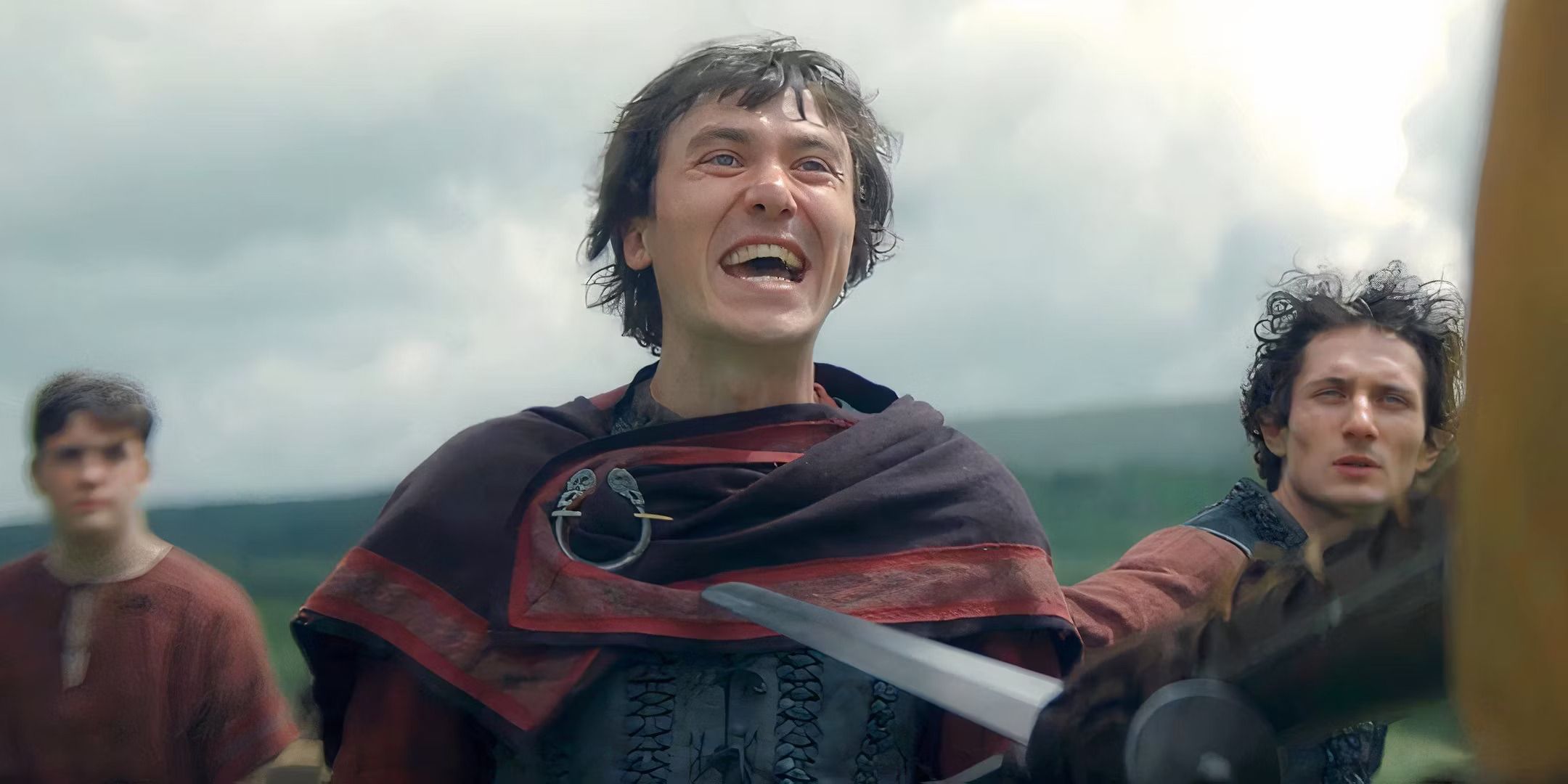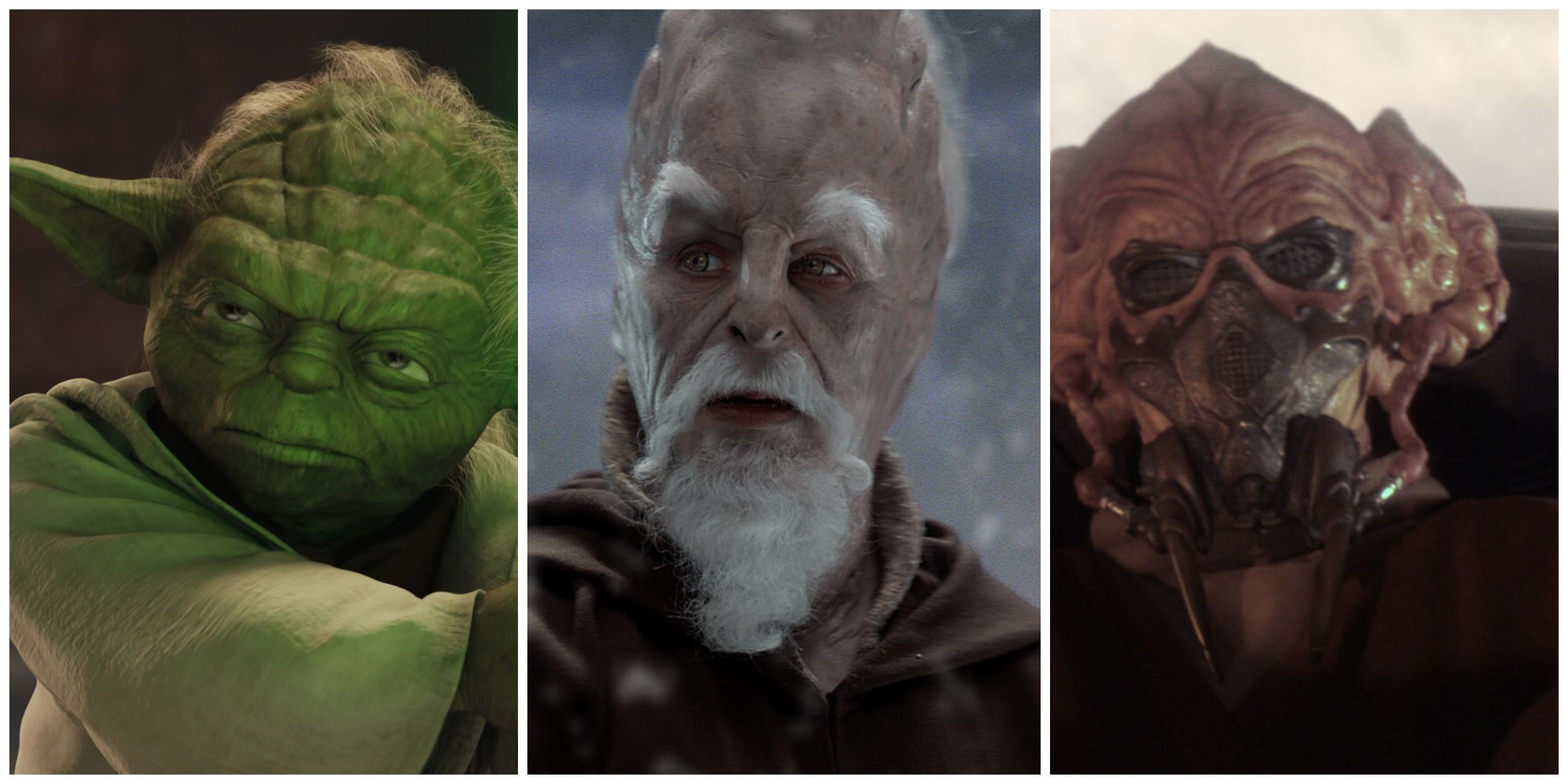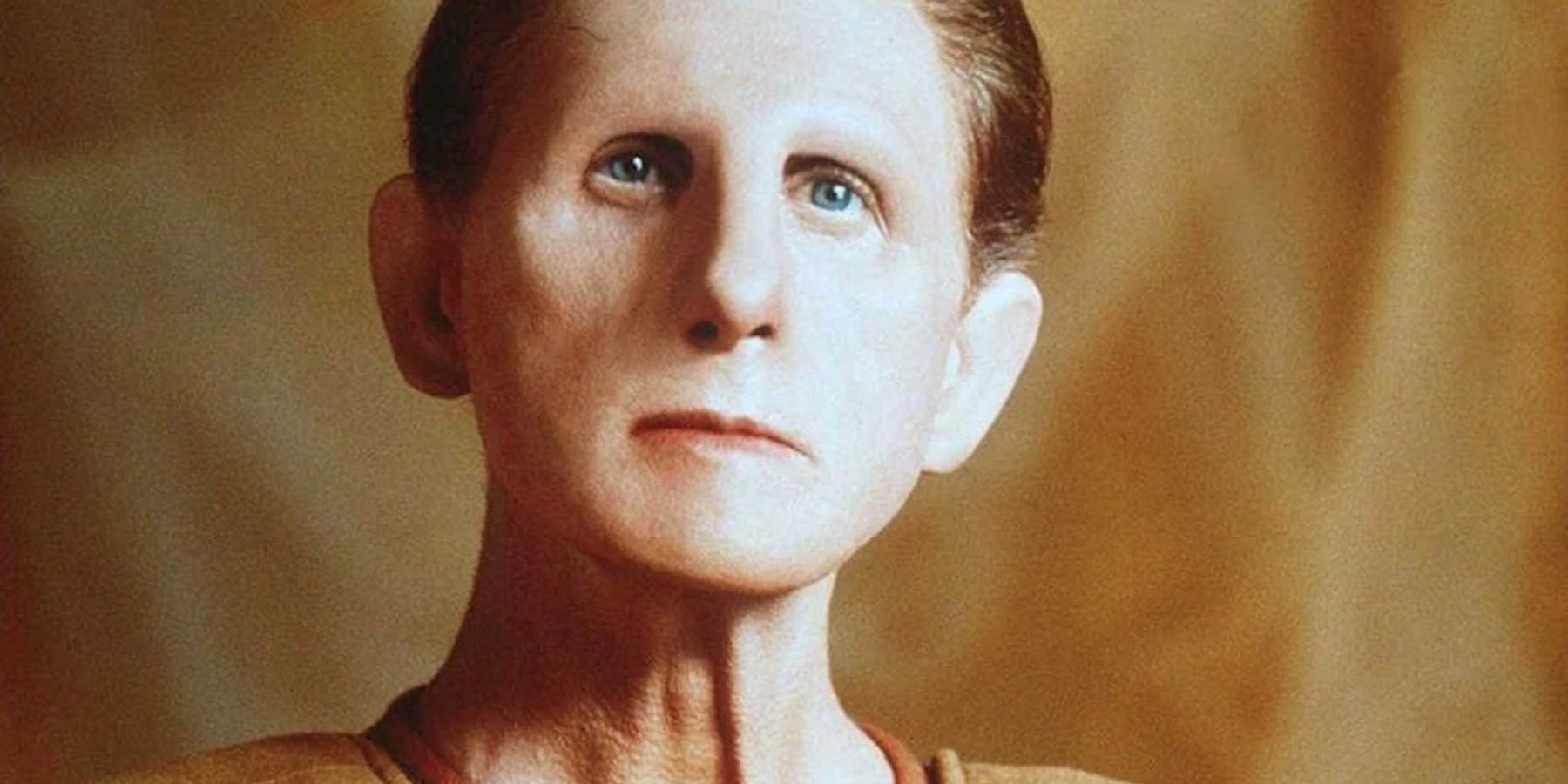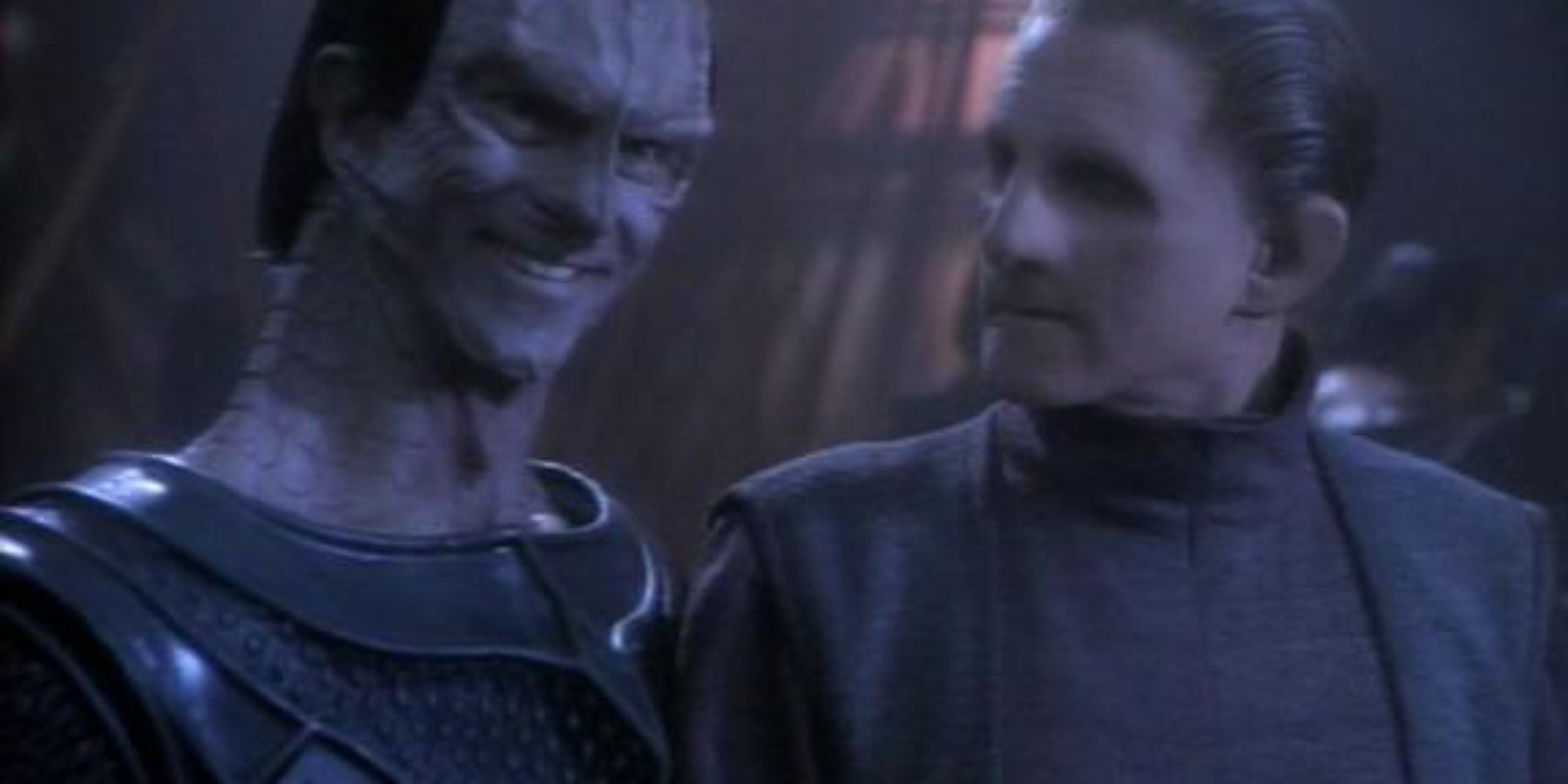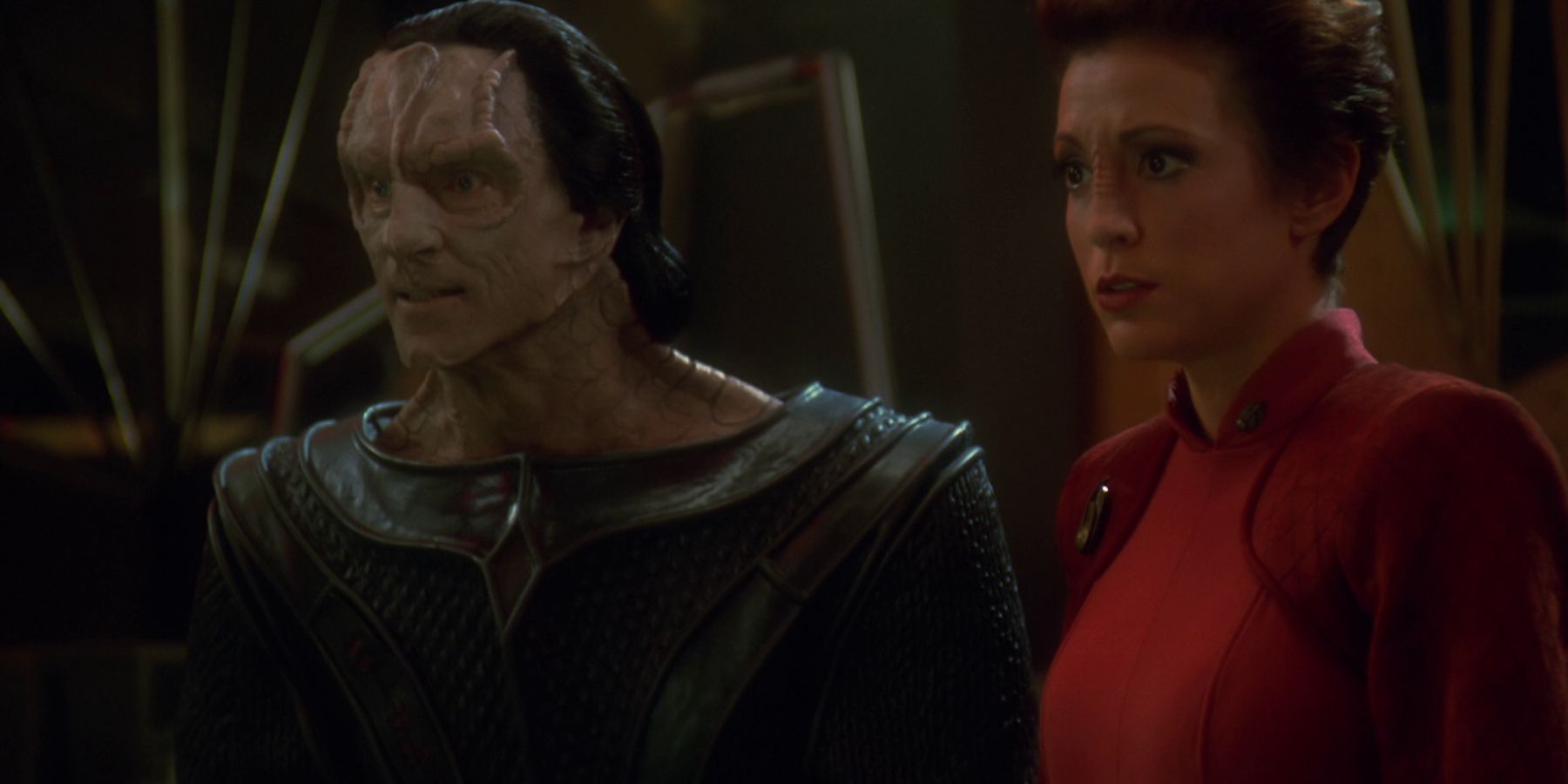Over the years, Star Trek has brought to audiences one of the best examples of science fiction television, setting precedent for space faring sci-fi. They also had a great ensemble of cast, both main and supporting, from various different backgrounds. There were common races such as the Vulcans and Klingons, but there were also a lot of unique ones too, such as Data and the tantalizingly neutral Odo.
A character in Deep Space 9, Odo was a changeling, capable of complex shape-shifting. He acted as the station security chief about the Deep Space 9 space station, alongside the familiar faces of Worf and the fan-favorite Miles O'Brien. Odo is a seemingly simple character; however, the further his narrative expands, the more complicated he becomes. His presence about the station also raises a lot of questions about how he was allowed to keep his job, after previously being the Cardassian chief of security, working for a race of people who did terrible things to the new federation friends, the Bajorans.
Star Trek has received praise over the years not only for their deeply philosophical narratives, but also their various political plots and subplots. While this was always present, even during The Original Series, things ramped up with the introduction of Deep Space 9. The galaxy is riddled with various treaties, politics, and agreements, and is often teetering on the edge of war. Odo is a prime example of the complex political minefield DS9 was trying to navigate.
The titular space station in DS9 space station was once a Cardassian mining and refining station that orbited the Bajoran home world, Bajor. At this time, the Cardassians were occupying the planet, and they used Bajoran slaves to build that station. They occupied the station for just over 20 years, and during this time, Odo was employed as head of security. This lasted until the Cardassian occupation of Bajor ended, and the station was abandoned. With the Bajorans now in control of the station, with the much-needed aid of the Federation, it seemed strange then that Odo would still be employed. He remained head of security, which on paper makes him something of a fascist collaborator. While this may seem the case, his situation was a little more complicated, and is a great example of the complexity of war Star Trek so masterfully portrays.
Odo's role as head of security was very different from that of a warrior, or hired gun. His job was to keep the peace, not just to follow orders blindly. He was honest and refused to engage in any of the brutality that surrounded him, his main priority being justice. Odo was more like an impartial mediator, refusing to help the Cardassians root out the resistance from those in his ‘care.’ Instead, he was there to settle disputes that would have otherwise resulted in a big pile of Bajoran bodies.
Odo treated the Bajorans fairly, despite their enslavement, and managed to stop the mindless execution of innocents. The Bajorans saw this and respected this, understanding and thankful in a sense that someone like him was protecting them from the full force of their captors. At the start of the occupation. Odo was fairly neutral, his main motivation being the pursuit of justice. However, the longer his employment lasted and the more atrocities he saw the Cardassians commit, the more disillusioned he became. He didn’t care about their war, or who was right or wrong, but he did care about their complete disregard for justice and truth.
Odo's reception from Bajorans after the occupation ended was then understandably mixed. He managed to keep his position mainly due to the Federation understanding the situation he was in, and knowing that no matter, what his judgments would be fair and right. He was un-bribeable, straight forward, and law-abiding, the perfect candidate for head of security (except for fan favorite Worf, of course). There were some instances where his presence and position caused some outcry, such as one notable moment where he is chased through the promenade by a mob of Bajorans, angry at his involvement. Other Bajorans, however, understood; for example, the Bajoran Major Kira Nerys, who knew the of good he did for her people during those trying times, and saw that he only wanted to maintain order. Most Bajorans respected this, and despite some opposition to his previous involvement, the Bajorans played a large part in keeping him around.
It’s difficult to navigate the complex political narrative of DS9 at the best of times, but Odo’s involvement and innocence during the Cardassian occupation is one of the best examples of the program asking the hard questions, and portraying the impossible situations the characters are faced with. Judging Odo's innocence is not for the audiences to work out. On one hand, he did a lot to protect the Bajorans from the full wrath of the Cardassians, but his unwillingness to actively support and help them can equally be seen as a compliance — or more importantly, as guilt through association. His inaction caused the suffering and deaths of many under the fascist dictatorship, but this is something he has to live with every day, admitting the guilt he feels. Either way, the Bajorans have found a way to mostly forgive him, and his presence aboard the space station continues to keep the peace, and always protect the little man.

